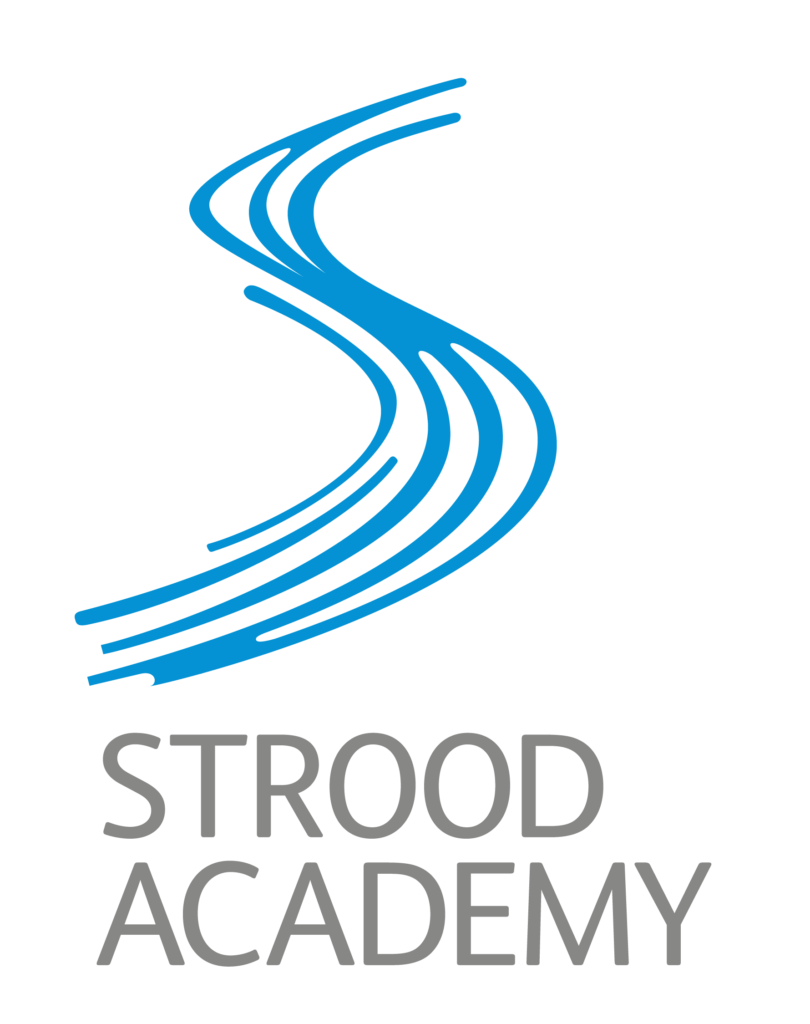Schedule of learning
- Module 1: UK and Local (Criteria A)
- Module 2: Around the World (Criteria B and C)
- Module 3: Weather and Climate (Criteria A and D)
- Module 4: Population and Migration (Criteria A and D)
- Module 5: Desert and Drought (Criteria B and C)
- Module 6: Polar and Taiga Forest (Criteria B and C)


